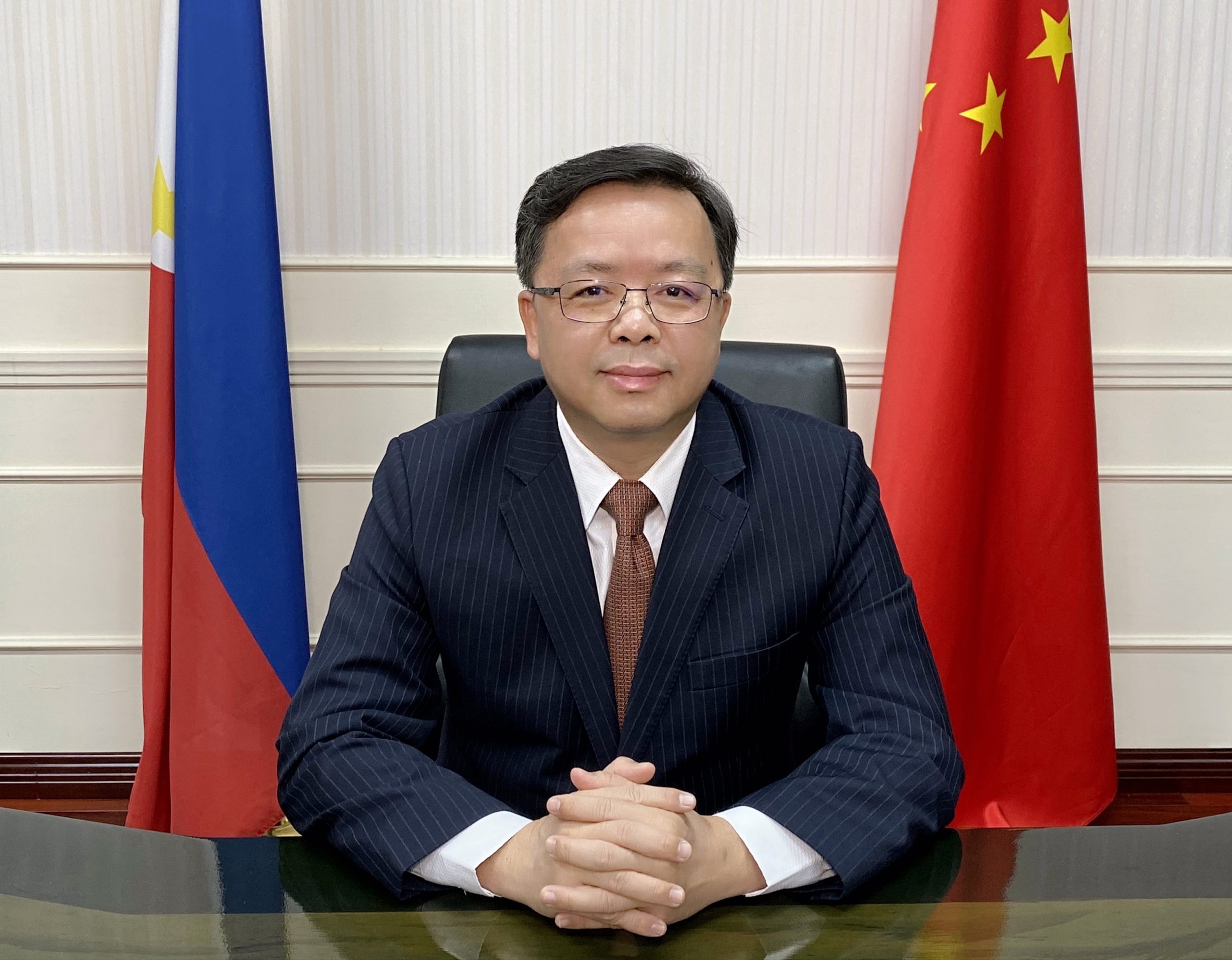Peace, stability in SCS serves common interests of PH, China — envoy

FILE PHOTO: Chinese Ambassador to the Philippines Huang Xilian. INQUIRER FILES
MANILA, Philippines — Chinese Ambassador to the Philippines Huang Xilian said on Friday that China and the Philippines have agreed that “peace and stability” in the South China Sea (SCS) region serves their common interests.
The two countries met together in the eighth Meeting of the Bilateral Consultation Mechanism on the South China Sea on Wednesday.
“They stressed that peace and stability in the SCS serves the common interests of China and the Philippines and is also the common goal of countries in the region. The two sides reaffirmed that the SCS dispute is not the entirety of bilateral relations and believe that maintaining communication and dialogue is essential to maintaining maritime peace and stability,” Huang said in a Facebook post.
The official added that the two countries discussed situations in the Ren’ai Jiao or the Ayungin Shoal to promote maritime cooperation in the region.
READ: Marcos greeting to new Taiwan leader irks China
Article continues after this advertisement“The two sides agreed to further improve the maritime communication mechanism, continue to properly manage maritime disputes and differences through friendly consultation, properly handle maritime emergencies, in particular, the situation on the ground at Ren’ai Jiao, and constantly promote practical maritime cooperation, so as to create favorable conditions for the sound and stable development of China-Philippines relations,” he added.
Article continues after this advertisementHuang added that China asserts that the Philippines should abide by the one-China policy and “immediately stop its wrong words and deeds” on issues with Taiwan.
“China has also lodged solemn representations with the Philippines on Taiwan-related issues, demanding that the Philippine side should earnestly abide by the one-China principle and immediately stop its wrong words and deeds on Taiwan-related issues,” he added.
On January 14, the Department of Foreign Affairs said that the Philippines is committed to the One-China policy.